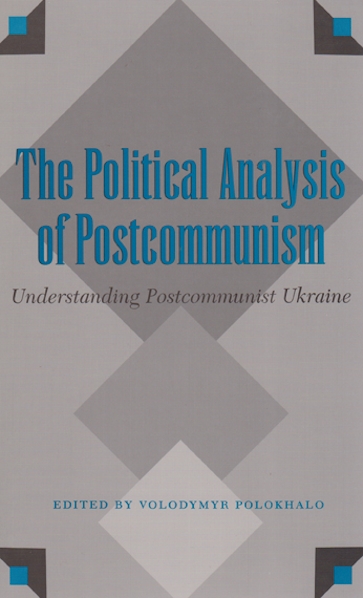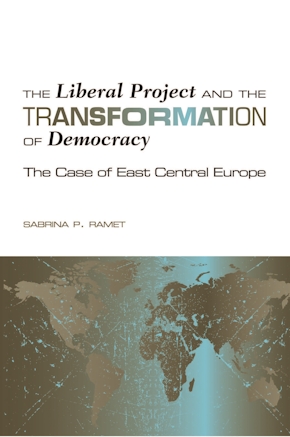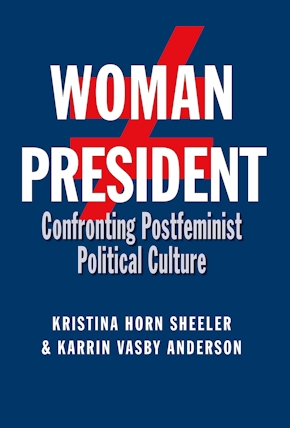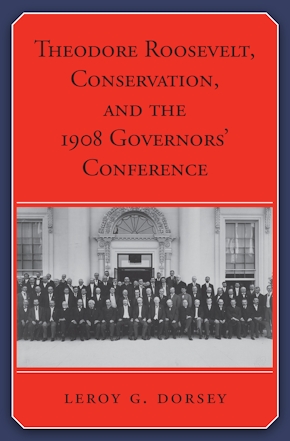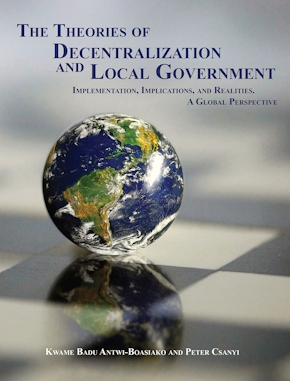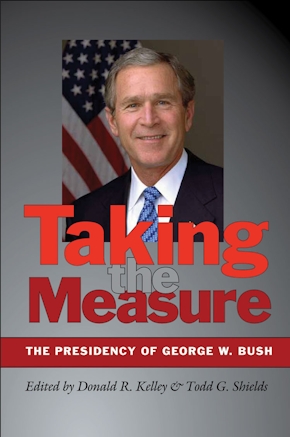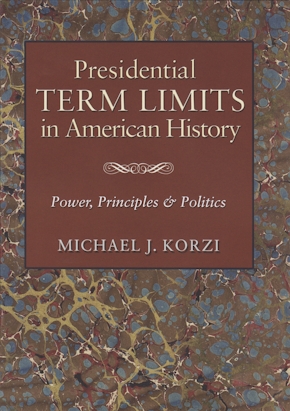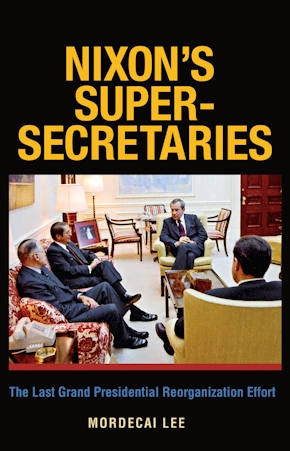The Political Analysis of Postcommunism
Understanding Postcommunist Ukraine
978-0-89096-783-6 Paperback
0 x 0 x 0
384 pp.
Pub Date: 11/01/1997
Available
BUY NOW
- Paperback $21.95 x
Originally published, in English, in 1995 in Kiev, Ukraine, by the editors of the Ukrainian journal Political Thought, this volume presents the first-person views of people who have themselves lived through the changes. Filled with original ideas rarely available to western readers, the book presents cogent and often provocative views of what may be the most major sociopolitical change of the late twentieth century. Most of the articles focus on the experience of Ukraine but are applicable to the understanding of other postcommunist countries as well.
Most of the authors are Ukrainian scholars, but the credits also include Zbigniew Brzezinski, Sherman W. Garnett of the Carnegie Endowment, James E. Mace, now director of the Ukrainian Peoples Institute of Genocide Studies, Anna Makolkin of the University of Toronto, and Georges Mink and Jean-Charles Szurek of the National Center for Scholarly Research, France.
The book is organized in four major chapters covering aspects of social change most involved in the transition to postcommunism: political philosophy, transformation of political systems, political sociology, and geopolitics. Within the major chapters, several sections and subsections by different authors discuss aspects of the theme of the major chapter and the section. Thus, the book is a complex melding of the thoughts of many specialists in various fields. Topics include the stages of postcommunist transformation, Ukrainian-Russian relations and western policy, the geopolitical implication of ethnopolitics, the foreseeable future of the transformation, and adaptation strategies of former communist elites.
Political scientists, sociologists, and others interested in the progress of postcommunist society in the independent, formerly communist nations of Eastern Europe and Central Asia will profit from reading these thought-provoking early insights into the world to come.
Eugenia & Hugh M. Stewart '26 Series
About the Author
Published by Texas A&M University Press
